Blue Dream Auto Cannabis Strain Week-by-Week Guide
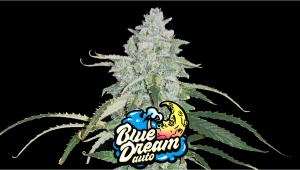
- 1. Grow specifications
- 2. Grow set up
- 3. Germination and seedling stage | week 1
- 4. Early veg | week 2
- 5. Mid veg | weeks 3-4
- 6. Transition (pre-flower) | week 5
- 7. Early flower | weeks 6-7
- 8. Mid flower (bulk phase) | weeks 8-9
- 9. Ripening and harvest | week 10-12
- 10. Yield and smoke report
- 11. In conclusion
Perfect for commercial growers and Sativa lovers, Blue Dream Auto grows tall and forms a huge central cola and elongated side branches that get totally covered in buds come harvest time. The buds aren't particularly dense but very fat and look beautiful with their green and purple streaks and orange pistils. They're also generously covered in 'frost', portending terrific potency, and have a complex and pleasant smell. With a bag appeal like this, Blue Dream Auto is a real crowd-pleaser.
You don't have to be an expert grower to achieve this highest quality, but we believe our Blue Dream Auto week-by-week growing guide will give you enough insights about this strain's life cycle, timeline, and progress from seed to harvest so that you can be at your A-game cultivating it yourself.
1. Grow Specifications
Blue Dream Auto has about 75% Sativa and 25% Indica genes which manifests in both growing patterns and the character of the smoke. She forms a tall and wide bush with long side branches, but her height is quite moderate indoors – only 70-110 cm (28-43 inches). The main reason she doesn't grow taller is a short flowering time of only 9-11 weeks from seed. Even in such a short time, this plant manages to produce indoor yields of 450-600 gr/m2 (1.5-2 oz/ft2). This is enough to consider Blue Dream Auto for commercial cultivation. Outdoor productivity is equally amazing at 60-250 gr (3-9 oz) per plant.
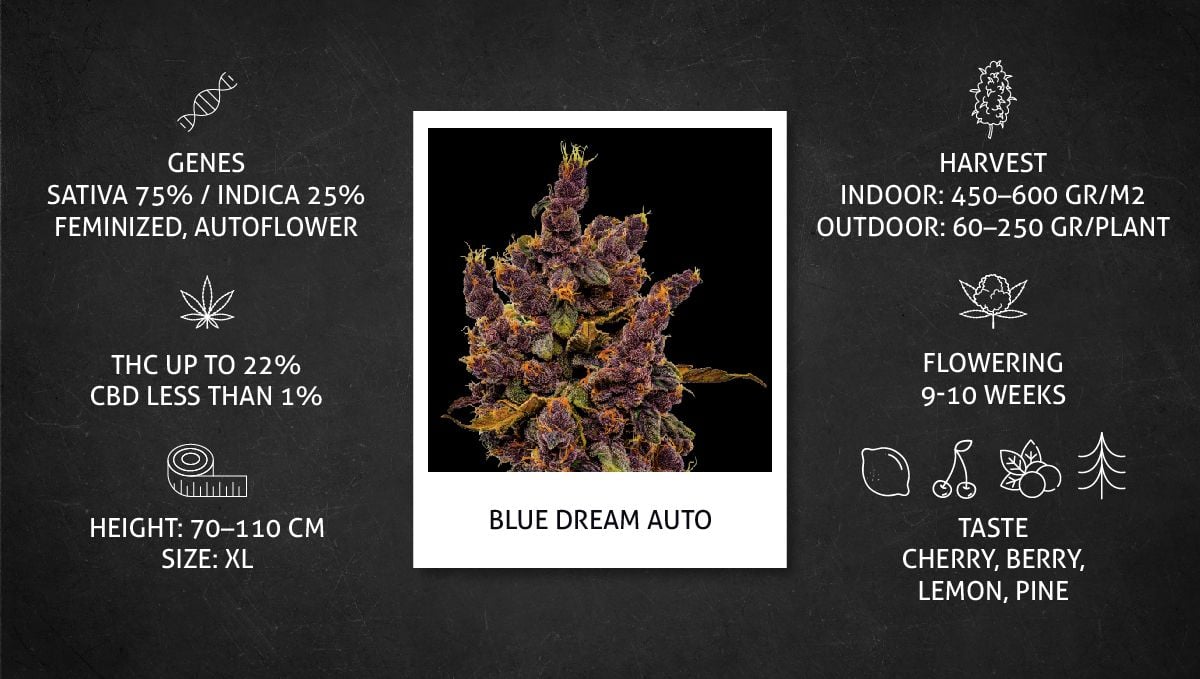
The buds aren't just big and heavy but also shimmer with crystals that pack up to 22% THC and are full of terpenes. The flavor profile is delicious and extremely varied – with notes of cherry, other berries, lemon, and pine.
2. Grow Set Up
We have based our Blue Dream Auto week-by-week guide on a diary by a grower with the nickname Cyrusdavirus. He uses a 4'x2' tent whose elongated shape is perfect to place 3 autoflowers side by side and provides easy access for watering. training, etc. This is not a very large grow space and requires only a medium-powerful light – a 200W Spider Farmer SF-2000 LED in this case. Such a light provides enough intensity and penetration, but you better make it adjustable to be able to raise it as the plants grow.
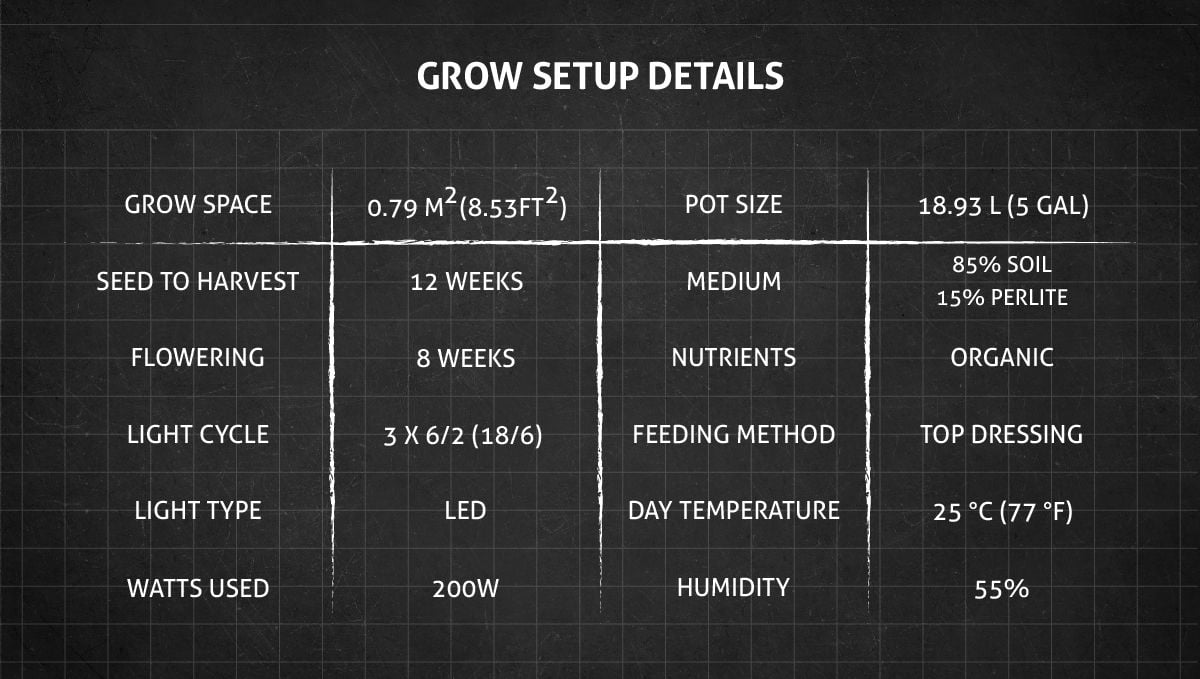
3. Germination And Seedling Stage | Week 1
Germinating cannabis seeds isn't rocket science, but it makes most newbies nervous because it's hard for them to believe that expensive 'souvenirs' they've bought online are really alive and can grow into healthy weed plants. However, they are and they can. Just give them some moisture and keep them in a dark, warm, and humid place for a couple of days, and they will pop. After that, you can plant them in a medium of your choice.
| Plant Height: | 8 cm | Humidity: | 55% |
|---|---|---|---|
| Distance to Light: | 102 cm | Water per Day: | 0.1 gal |
| Day Temp: | 25 °C | Smell: | None |
| Night Temp: | 21 °C | TDS: | 300 ppm |
This grower put his Blue Dream seed and two others in a glass of water with some hydrogen peroxide. The latter isn't necessary, but it slightly increases germination rates because it kills malicious fungi that might be on the surface of the seeds and adds some oxygen to water – and remember that both the embryo inside the seed and, later, the roots of the weed plant love oxygen. In the pic below, on the left, you can see a jiffy plug into which the sprout was inserted.
The jiffy plug can serve as a 'starter home' for your seedling in the first few days – before the roots start to show. Then, you can put it into a bigger pot. With autoflowers, we advise avoiding transplants and putting the little guy right into the final container. Its size for an autoflower needn't be more than 4-6 gallons (15-20 liters).
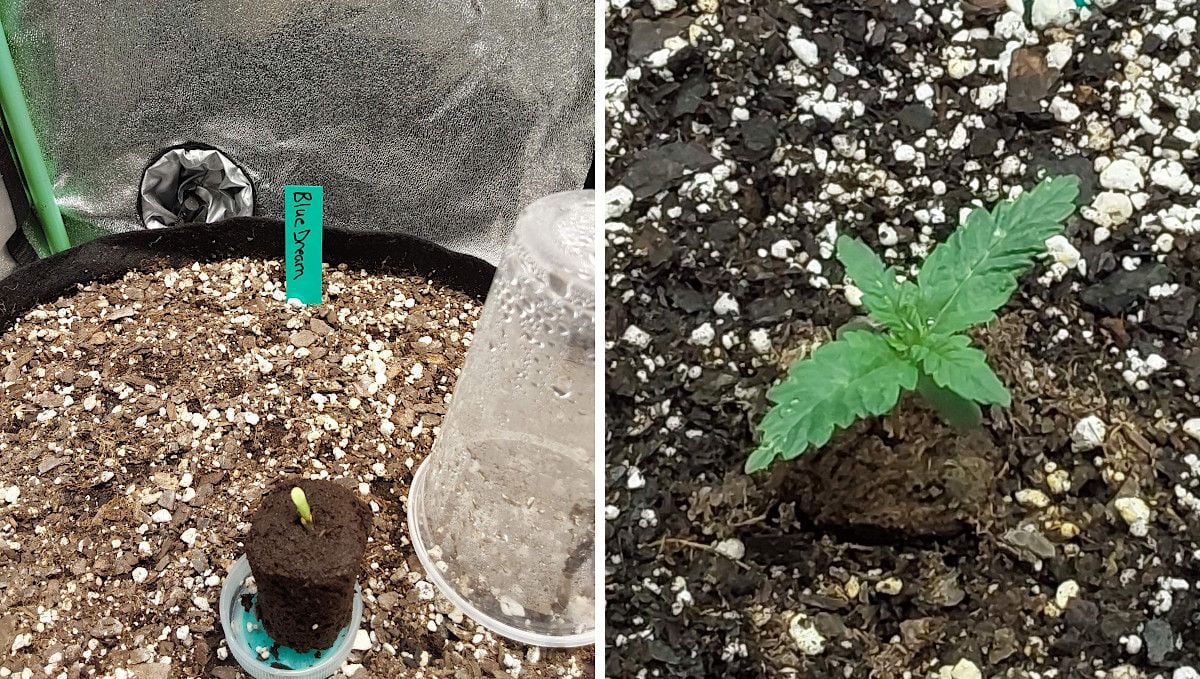
Note the humidity dome in the picture above. Cannabis seedlings are quite vulnerable and like it when it's warm and humid in the grow room. Maintaining the right temperature of about 77-82 °F (25-28 °C) is relatively easy as the lights emit enough heat and you only need an extractor fan to bring the temps down to the needed level. The relative humidity is a trickier thing because it's either too dry (which is bad for a seedling) or too humid (which threatens flowering plants with mold), and many gardeners have to use humidifiers/dehumidifiers. However, for very small plants humidity domes do the job perfectly.
4. Early Veg | Week 2
Week 2 marks the start of noticeable vegetative growth when the second pair of true leaves catches up with the first one and then quickly overtakes it (if everything is right). Try to keep the growing conditions dialed in. The day temperature should be around 25-26 °C (77-79 °F), and the night temperature should never drop more than 5-10 degrees. (Look at the table below – both the day and night temps are perfect.) As for the RH, you needn't keep it as high as the week before and may lower it from 70-80% to about 60%.
| Plant Height: | 13 cm | Humidity: | 55% |
|---|---|---|---|
| Distance to Light: | 97 cm | Water per Day: | 0.1 gal |
| Day Temp: | 25 °C | Smell: | None |
| Night Temp: | 21 °C | TDS: | 300 ppm |
For this Blue Dream Auto grow, the gardener used a 5-gallon container filled with a soil/perlite mix. Many potting mixes that you can buy in a gardening center come pre-amended with perlite, but we advise adding more – at least around 15% of the volume. The purpose of perlite is to create air pockets in the medium so that the roots have enough oxygen to breathe even right after watering. On the other hand, perlite decreases the ability of the medium to retain water, meaning that you'll need more frequent fertigations. You need to experiment a little until you find the soil/perlite ratio that works best for you.
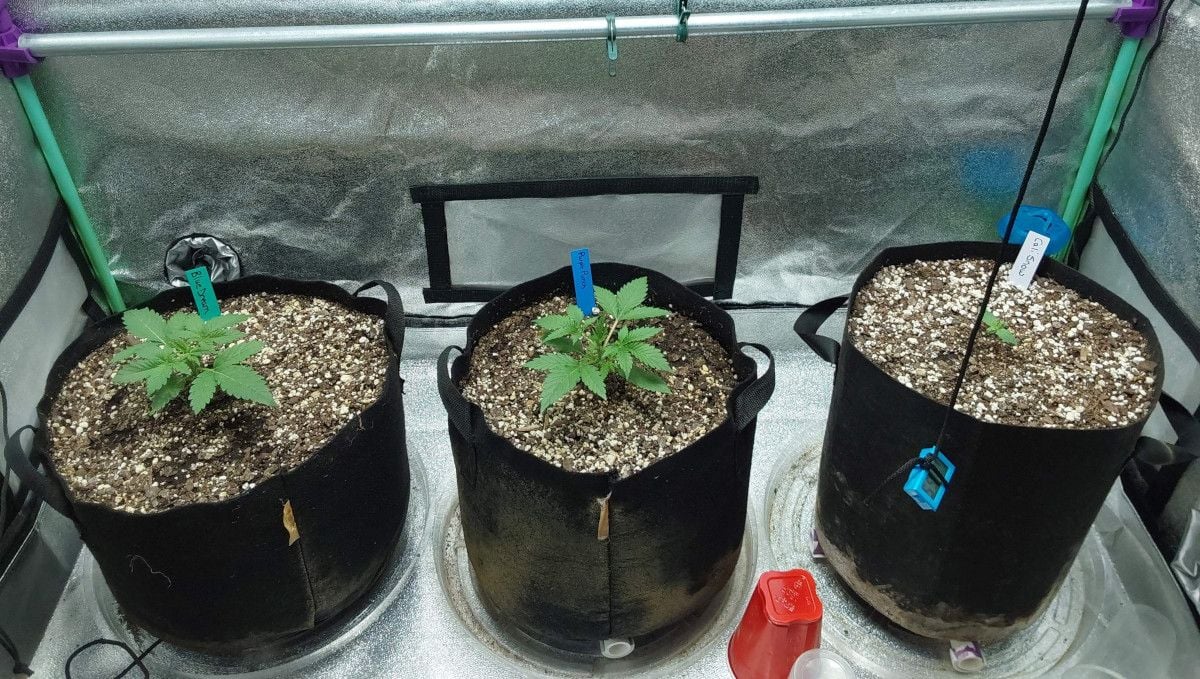
Healthy plants can get big enough in week 2 for you to start training them even if it's something as simple as tying down the main stem. However, this grower had other plans for his Blue Dream Auto, so he left her alone for now.
5. Mid Veg | Weeks 3-4
Weeks 3 and 4 are very important as this is the period when young plants develop new leaves and branches at the fastest rate. Moreover, autoflowers usually show sex around this time and the flowering starts right after, putting a cap on the number of new side branches. So, make sure to provide ideal conditions in these last weeks of the vegetative stage.
| Plant Height: | 20-30 cm | Humidity: | 55% |
|---|---|---|---|
| Distance to Light: | 84 cm | Water per Day: | 0.1-0.2 gal |
| Day Temp: | 25 °C | Smell: | None |
| Night Temp: | 21 °C | TDS: | 300 ppm |
It´s risky to top autoflowers at this vulnerable stage because if you botch the job and your auto goes into shock, you can stunt her growth for good and she´ll stay very small all the way to harvest. So, save this technique for when you have a few successful grows under your belt, and also make sure that your lady is completely healthy and strong, grows vigorously, and has no other issues, such as deficiencies or infestation.
This particular grower knew what he was doing, so he topped his Blue Dream Auto above the 5th node and removed the lowermost one. That left him with 4 nodes and 8 branches which he positioned in the form of a sundial – every branch was tied down horizontally, and there was no other either right above or right below it.
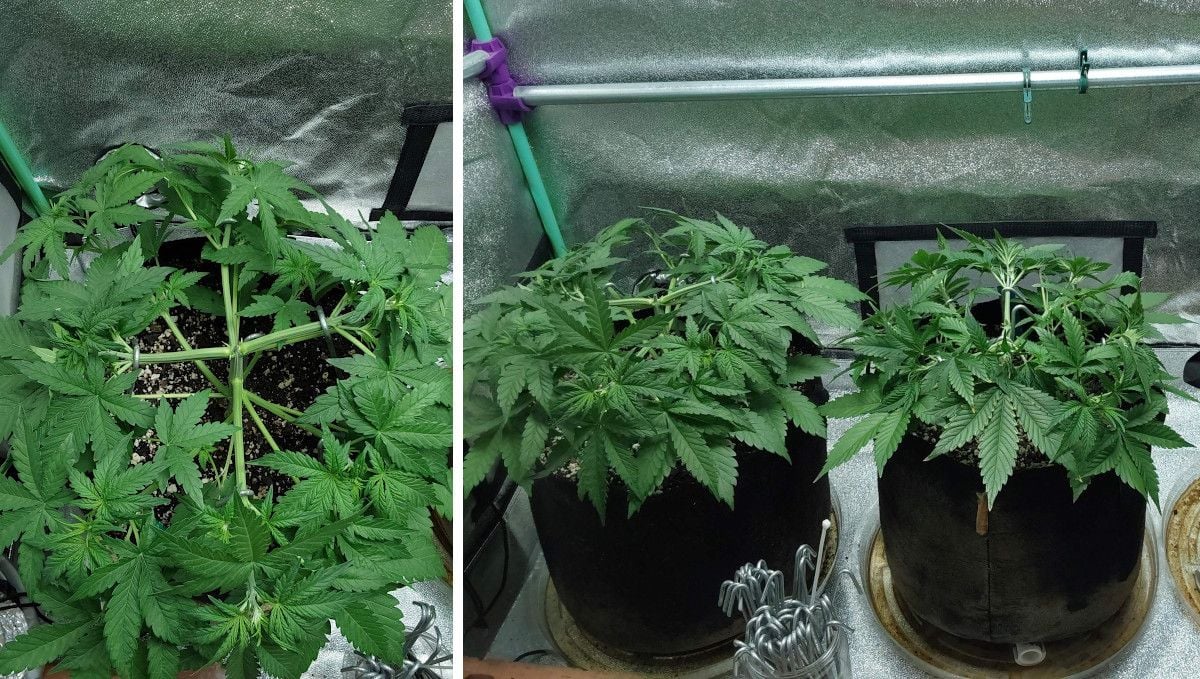
As you can see in the pics above, the topping didn´t slow down Blue Dream Auto´s progress, and she remained healthy and bigger than her immediate neighbor.
6. Transition (Pre-Flower) | Week 5
While high-stress training may delay the onset of flowering, most modern autos will transition around the end of the first month from seed in any case. At this stage, she will need more and more energy and so you may lower the light or dial it up (if it's of the dimmable type). The flowering stage in autos doesn't require a change in light schedule – if it was 18/6 from day one, you can keep it till harvest.
Btw, in this run, the grower used a rather fancy light schedule as an experiment. He still had 18 hours of light a day but divided them into three periods – each had 6 hours of light and 2 hours of darkness. Judging by the outcome, the experiment was quite successful.
| Plant Height: | 33 cm | Humidity: | 55% |
|---|---|---|---|
| Distance to Light: | 84 cm | Water per Day: | 0.2 gal |
| Day Temp: | 25 °C | Smell: | None |
| Night Temp: | 21 °C | TDS: | 300 ppm |
The start of flowering manifests in the change of color of the tops. You'll notice how they start to look more yellow than before. There will also be more tiny and narrow leaves, looking almost like hairs, and then you'll actually see hairs, and it means that the flowering proper has begun.
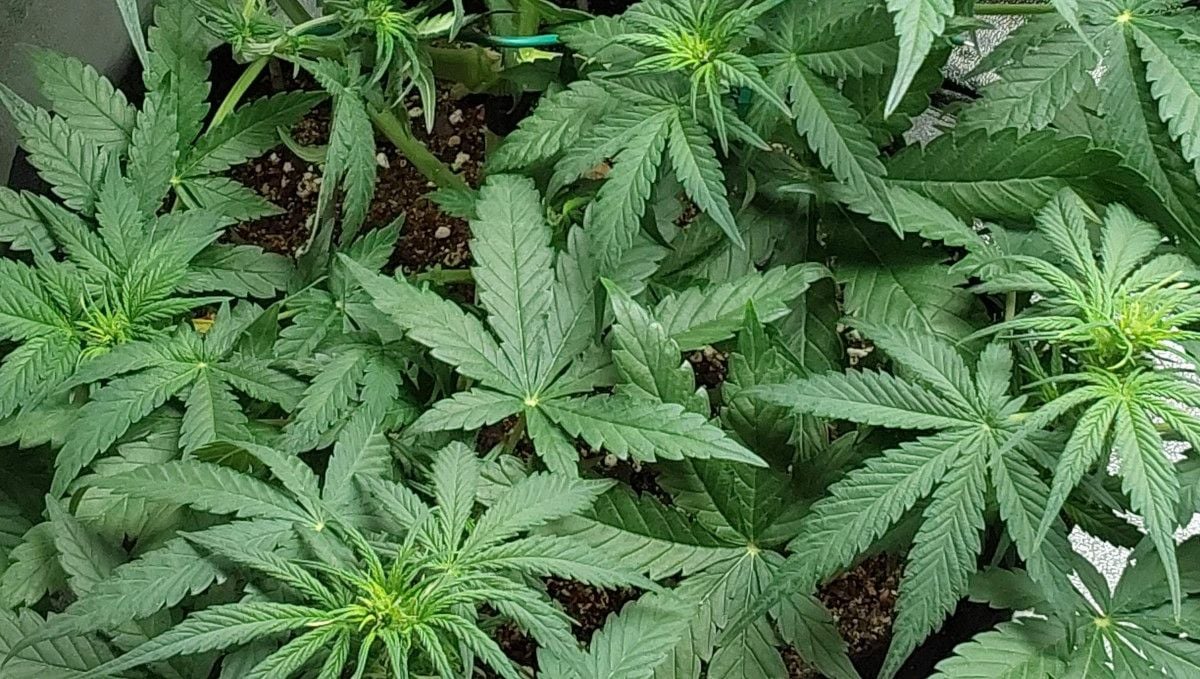
Another thing that is very conspicuous in the initial stages of flowering is the stretch. It often catches newbies by surprise as they don't expect that instead of just producing buds and not doing much else, their plant doubles or even triples in size. This Blue Dream Auto didn't (yet), and the grower could easily handle the stretch by tying down the fastest-growing branches. He noted that with other autos in his experience, he had had to use other tricks, such as supercropping or even topping the branches that were much taller than the rest.
7. Early Flower | Weeks 6-7
In early flower, the canopy of an auto takes the final shape as the branches finish their stretch at the end of this stage and there will be no new secondary branches or new bud sites forming. The plants will also start to smell a little, and those of them that have the most potential for resin production will form the first trichomes.
| Plant Height: | 41-46 cm | Humidity: | 55% |
|---|---|---|---|
| Distance to Light: | 84 cm ↘ 51 cm | Water per Day: | 0.2 gal |
| Day Temp: | 25 °C | Smell: | Weak |
| Night Temp: | 21 °C | TDS: | 300 ppm |
As this Blue Dream Auto was stretching and forming the first flowers (mostly on top so far), the grower pruned the smallest of branches that had no chance to reach the canopy. He also removed those fan leaves that were shading the bud sites that did have potential. The plant was healthy enough to take all this abuse in stride.
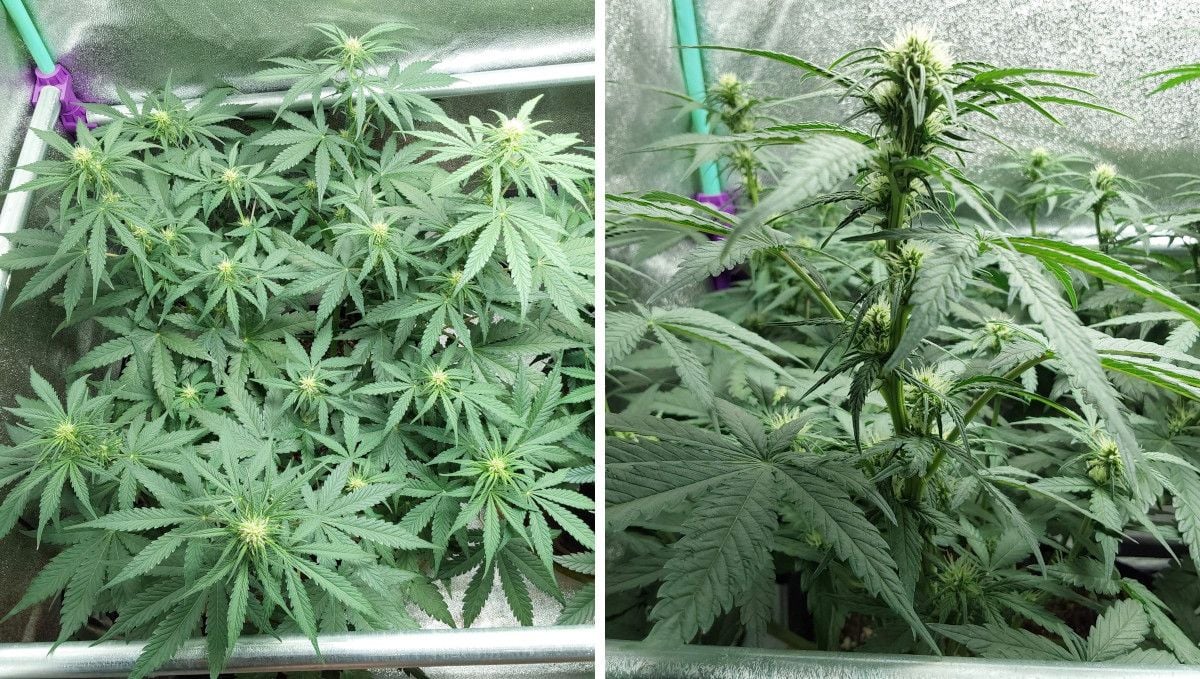
One thing that probably every grower should do indoors is to remove lowermost bud sites that never amount to anything because they are too far down the bush and in deep shade. Basically, all they do is 'steal food' from the top colas. In the pic below, you can see what such lollipopped plant looks like below the canopy.
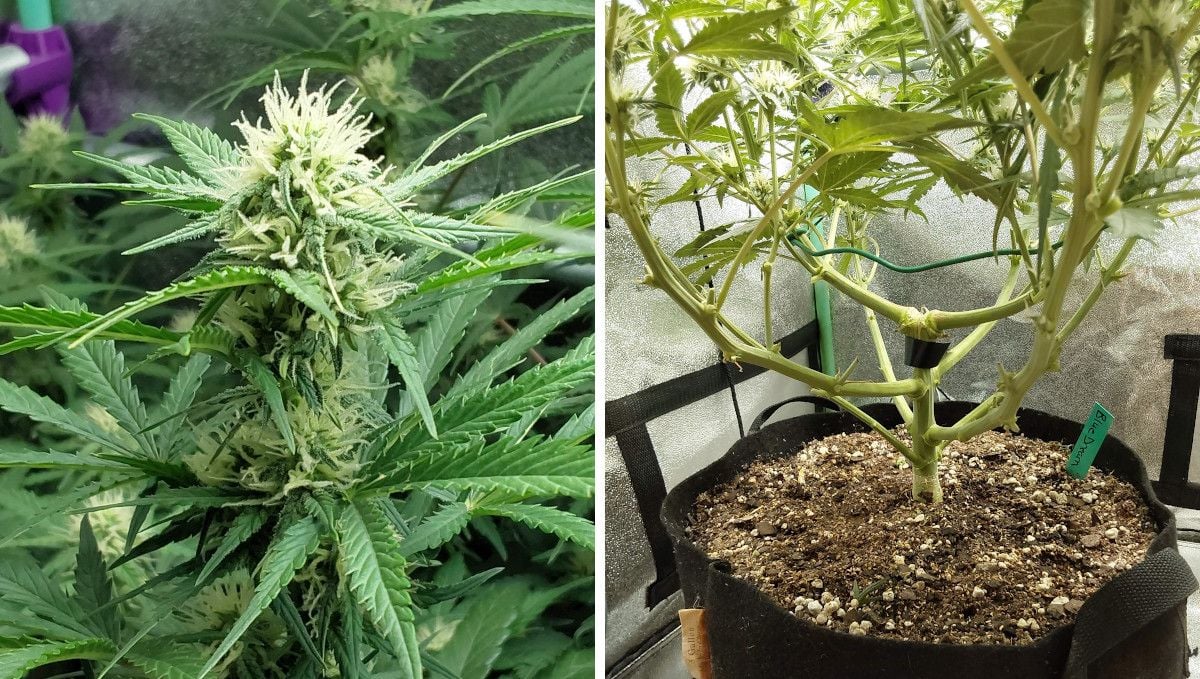
Don't forget that, once in flower, cannabis needs a complete overhaul of the nutrient schedule. In veg, it requires more nitrogen (N) for vegetative growth, but in flower, you need to step up on phosphorus and potassium (P and K) to give it what it needs for the buds to flourish. This gardener never bothered about these things because, as we said before, he had mixed in a lot of nutrients in the medium from the start. This allowed him to only top-dress his pots twice during the flowering period and be done with the feeding.
8. Mid Flower (Bulk Phase) | Weeks 8-9
During the bulk phase, your autoflowers will become very thirsty and hungry, forcing you to water them more frequently and generously and give them higher doses of nutrients – those rich in P and K. Some gardeners even use special PK-boosters as the final rich diet before the pre-harvest flush. It's best to decrease the day and night temperatures by a couple of degrees at this time because it facilitates the production of THC and slows down the evaporation of terps.
| Plant Height: | 51-53 cm | Humidity: | 55% |
|---|---|---|---|
| Distance to Light: | 51 cm | Water per Day: | 0.3 gal |
| Day Temp: | 25 °C | Smell: | Normal ↗ Strong |
| Night Temp: | 21 °C | TDS: | 300 ppm |
The buds at this stage become fat and dense enough for you to start worrying about mold and bud rot, and to successfully combat both, you need to lower the relative humidity of the air to something like 35-45%. This is especially important if the foliage is also dense and hinders free airflow. Of course, resin production is now in high gear, and the smell becomes a serious problem unless you have a carbon filter installed.
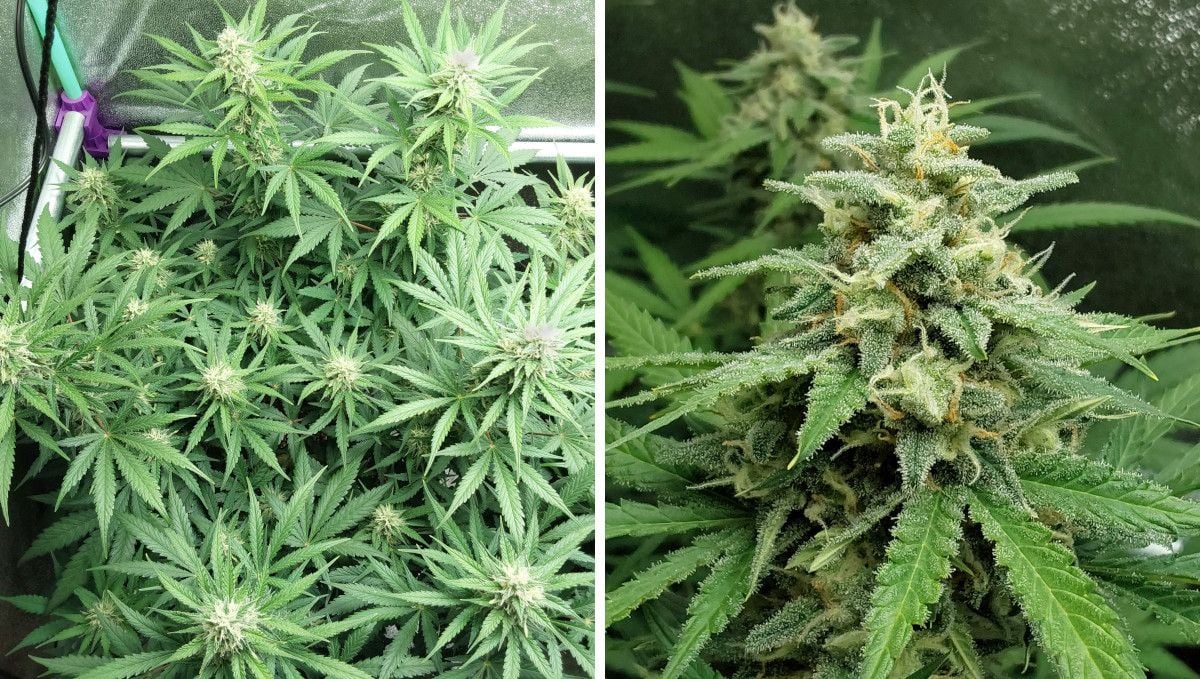
The Sativa nature of this Blue Dream Auto came through in mid-flower as the stretching continued a little even then. A few dominant branches overtook the rest. This isn't desirable indoors as different height means different distance from the light and hence different size and texture of buds.
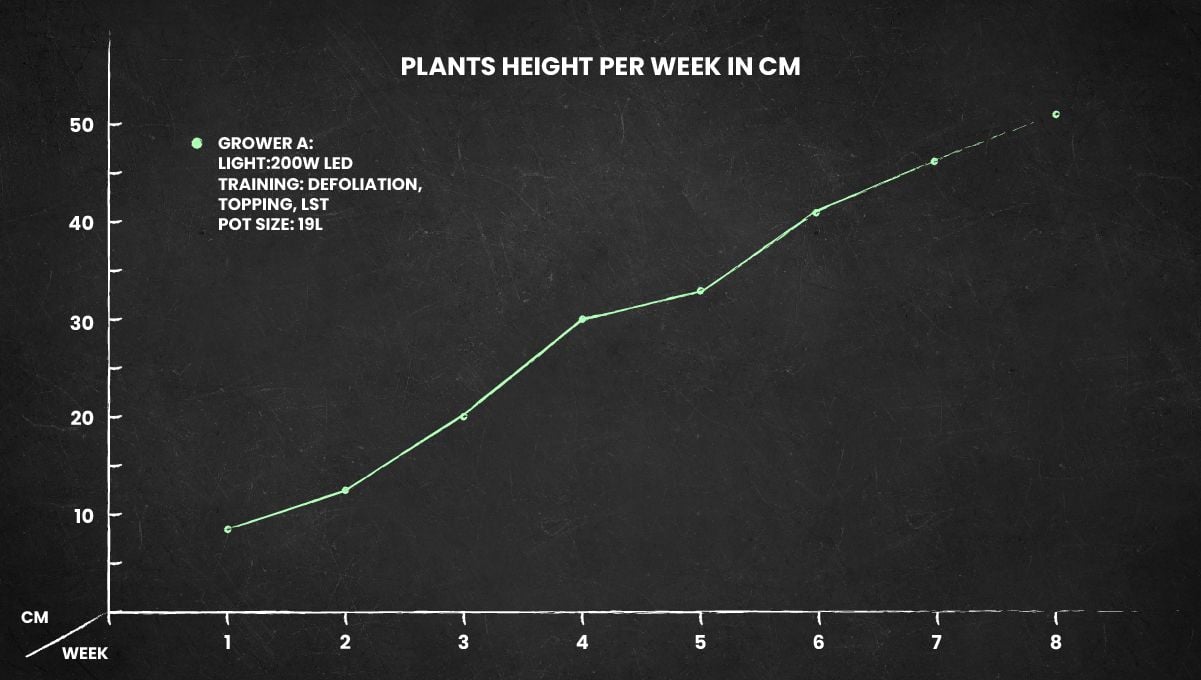
In the photo below, you can see that the grower gave his Blue Dream Auto quite a haircut around this time. Be very careful when you defoliate this much before the buds have stopped filling out. So much abuse can actually slow down the progress of flowering. It's safer to reserve radical defoliation to the last few days before the harvest as this will make your life so much easier when you chop your auto and start trimming.
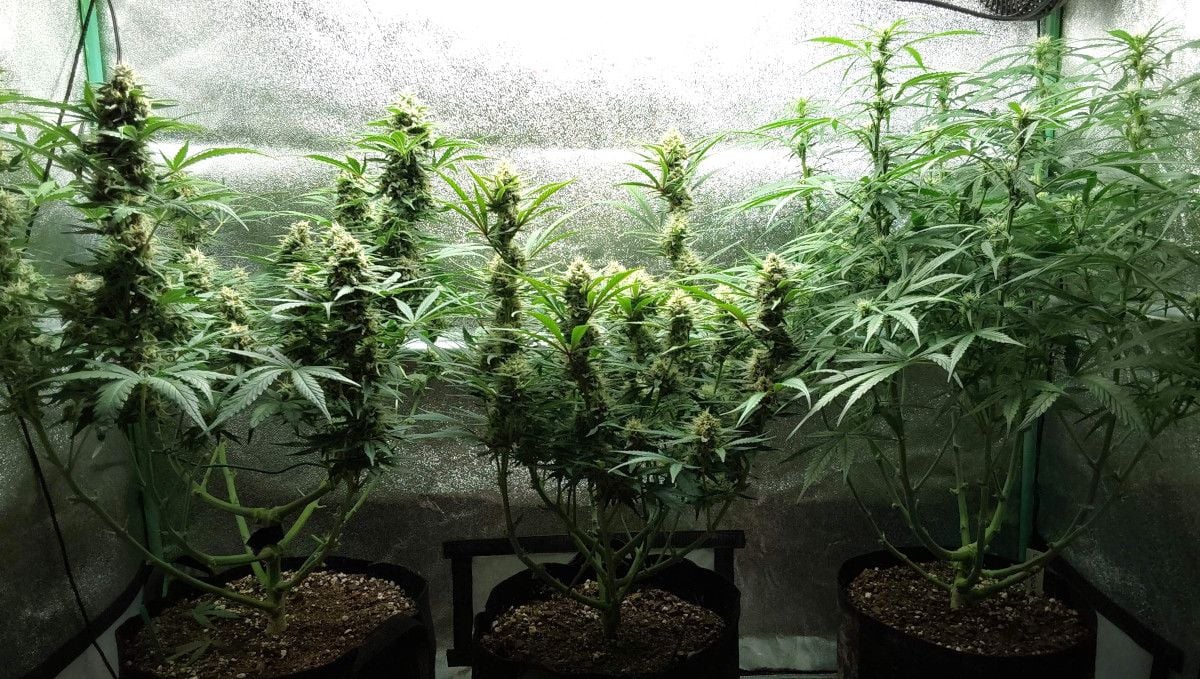
9. Ripening And Harvest | Week 10-12
There are several signs letting you know that the harvest is near. By this stage, the plants will have long stopped stretching (well, in the case of Blue Dream Auto, not quite – see the table below), and it's rather difficult to see whether the buds are getting bigger or not. They usually keep packing more weight by becoming denser, and sometimes, the branches start to bend down and can even break.
Another sign of the approaching harvest is the fade as the older leaves change their color to yellow and other interesting shades. Finally, you may notice that the pots get longer to dry out, meaning that the plant has begun to drink less because all the processes inside have slowed down.
| Plant Height: | 53-56 cm | Humidity: | 55% |
|---|---|---|---|
| Distance to Light: | 51 cm | Water per Day: | 0.3 gal |
| Day Temp: | 25 °C | Smell: | Strong |
| Night Temp: | 21 °C | TDS: | 300 ppm |
It's very important to calculate more or less accurately how much time you still have because when growing in soil, you'll need about two weeks to flush the plant with pure water before you chop it. (In hydro and coco grows, one week of flushing is enough.) Fortunately, there's a surefire way to assess the maturity of buds, and it's not the color of pistils as they can look all brown and wilted but the buds may still be far from their peak.
The only method that works is to inspect the trichomes on the calyces through a 60x hand microscope. If the trichomes have mostly become cloudy (as opposed to clear), it means that THC and other cannabinoids inside them are reaching their peak levels. This is the time when you stop giving your plant any nutrients and only use pure pH-balanced water. There are also some products meant to facilitate flushing, but the jury's still out on whether they work or not.
Of course, as you flush, the fade accelerates, and your grow tent looks more and more like it's autumn. As you can see in the pic below, Blue Dream Auto looks totally ready to the naked eye. To tell if it's actually ready... well, you need a microscope.
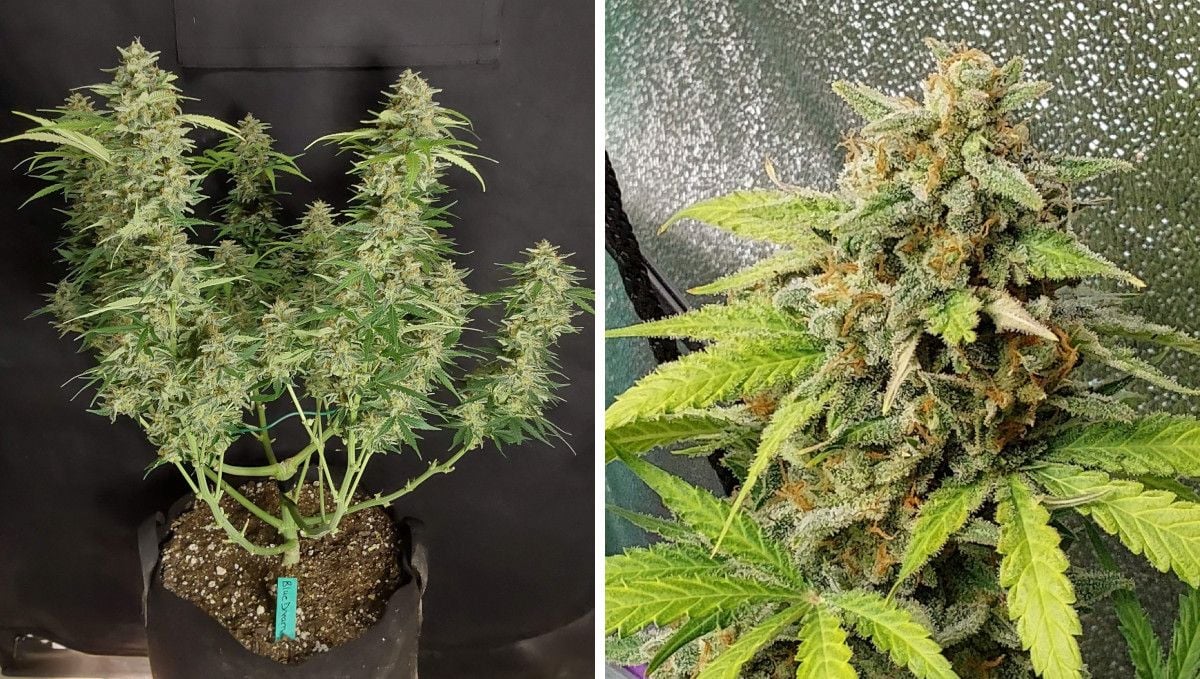
As you watch the trichs for the signs of maturity, be sure not to expose the buds to too high temperatures lest the terpenes evaporate from the buds. And keep monitoring the RH as the risk of mold and bud rot is the highest now. We should add that the buds of Blue Dream Auto have a loose enough Sativa-like structure which makes them mold-resistant.
10. Yield and Smoke Report
In just 12 weeks from seed, this Blue Dream Auto brought in 400g wet, or 176g (6.2 oz) dry, and she was only one out of three Fast Buds autoflowers in the tent (although the biggest one). All in all, a terrific result for a 200W LED. And the buds were of the highest quality as you can easily see in the pic below.
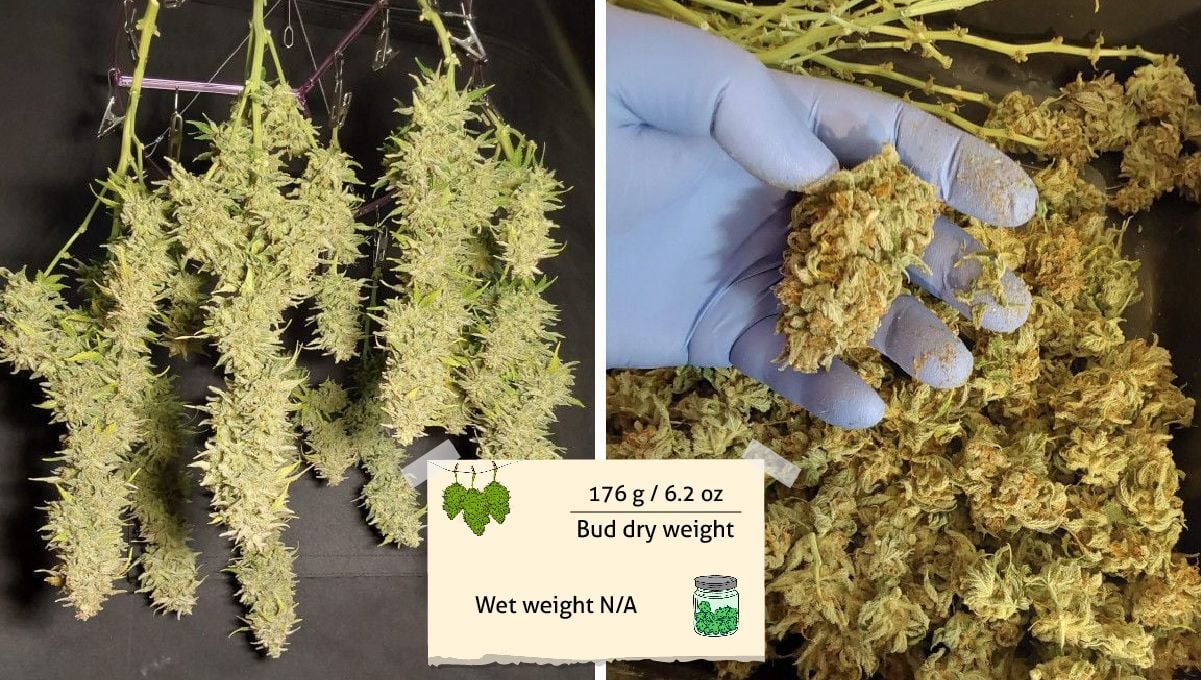
The berry-like and citrus smoke felt like 100% Sativa – without any laziness or heaviness in the body, only energy, creativity, and good mood.
Smoking this Bluedreammatic expect a good taste of berry with a little hint of citrus. As for the high it's a great day smoke your head actually clears up and you get full of energy and very motivated to get things done.
Cyrusdavirus
11. In Conclusion
As you can readily see from our Blue Dream Auto week-by-week growing guide, this autoflower can be the perfect indoor cultivar, able to perform great even in small setups. She responds well to high-stress training which doesn’t seem to lower the yield but increases her natural bushiness so that you can have several top colas.
The trichome coverage is ample and is accompanied by a strong and pleasant smell while the yield is extremely high even if you cultivate her in organics. And at the end of a trouble-free grow, you get a clear-headed energizing smoke with a happy and creative vibe. In short, Blue Dream Auto is a must-have for daytime smokers.
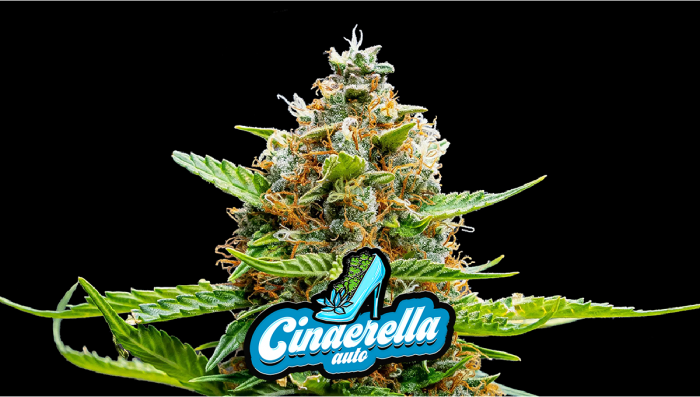







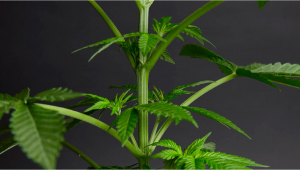
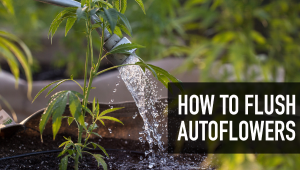

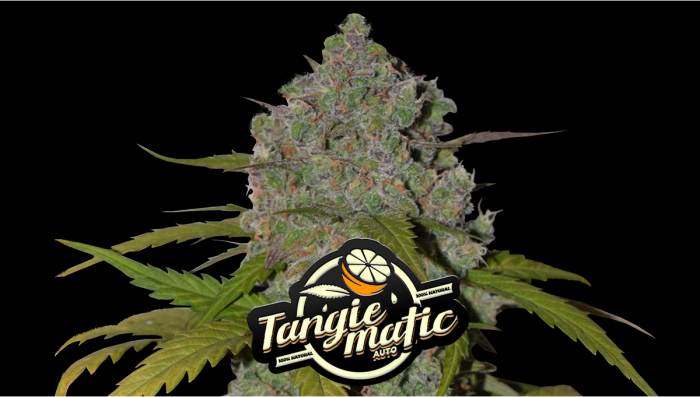
Comments